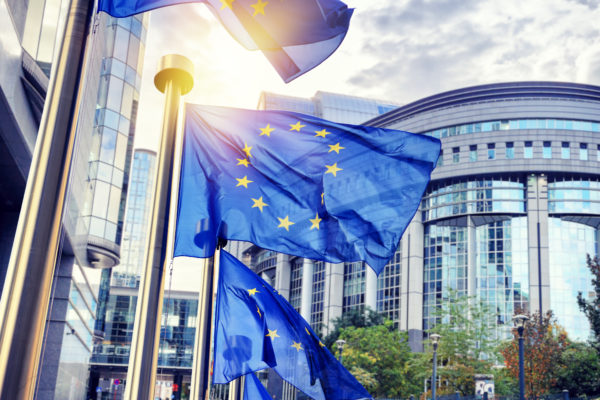EU Digital Markets Act brings new rules to limit the market power of BIG tech
In the European Union, Parliament and Council negotiators have agreed new rules to limit the market power of big online platforms. The Digital Markets Act (DMA) will ban certain practices used by large platforms acting as “gatekeepers” and enable the Commission to carry out market investigations and sanction non-compliant behaviour.
The text provisionally agreed by Parliament and Council negotiators targets large companies providing so-called “core platform services” most prone to unfair business practices, such as social networks and search engines, with a market capitalisation of at least 75 billion euro or an annual turnover of 7.5 billion.
To be designated as “gatekeepers”, these companies must also provide certain services such as browsers, messengers or social media, which have at least 45 million monthly end users in the EU.
During a close to 8-hour long trilogue (three-way talks between Parliament, Council and Commission), EU lawmakers agreed that the largest messaging services (such as Whatsapp, Facebook Messenger or iMessage) will have to open up and interoperate with smaller messaging platforms, if they so request. Users of small or big platforms would then be able to exchange messages, send files or make video calls across messaging apps, thus giving them more choice.
Parliament also ensured that combining personal data for targeted advertising will only be allowed with explicit consent to the gatekeeper.
Strong penalties
If a gatekeeper does not comply with the rules, the Commission can impose fines of up to 10% of its total worldwide turnover in the preceding financial year, and 20% in case of repeated infringements. In case of systematic infringements, the Commission may ban them from acquiring other companies for a certain time.
After the negotiations, the rapporteur from Parliament’s Internal Market and Consumer Protection Committee, Andreas Schwab (EPP, DE), said:
“The agreement ushers in a new era of tech regulation worldwide. The Digital Markets Act puts an end to the ever-increasing dominance of Big Tech companies. From now on, they must show that they also allow for fair competition on the internet. The new rules will help enforce that basic principle. Europe is thus ensuring more competition, more innovation and more choice for users.”
“With the Digital Markets Act (DMA), Europe is setting standards for how the digital economy of the future will function. It will now be up to the European Commission to implement the new rules quickly.”
You can read the full statement on the European Parliament website here.









